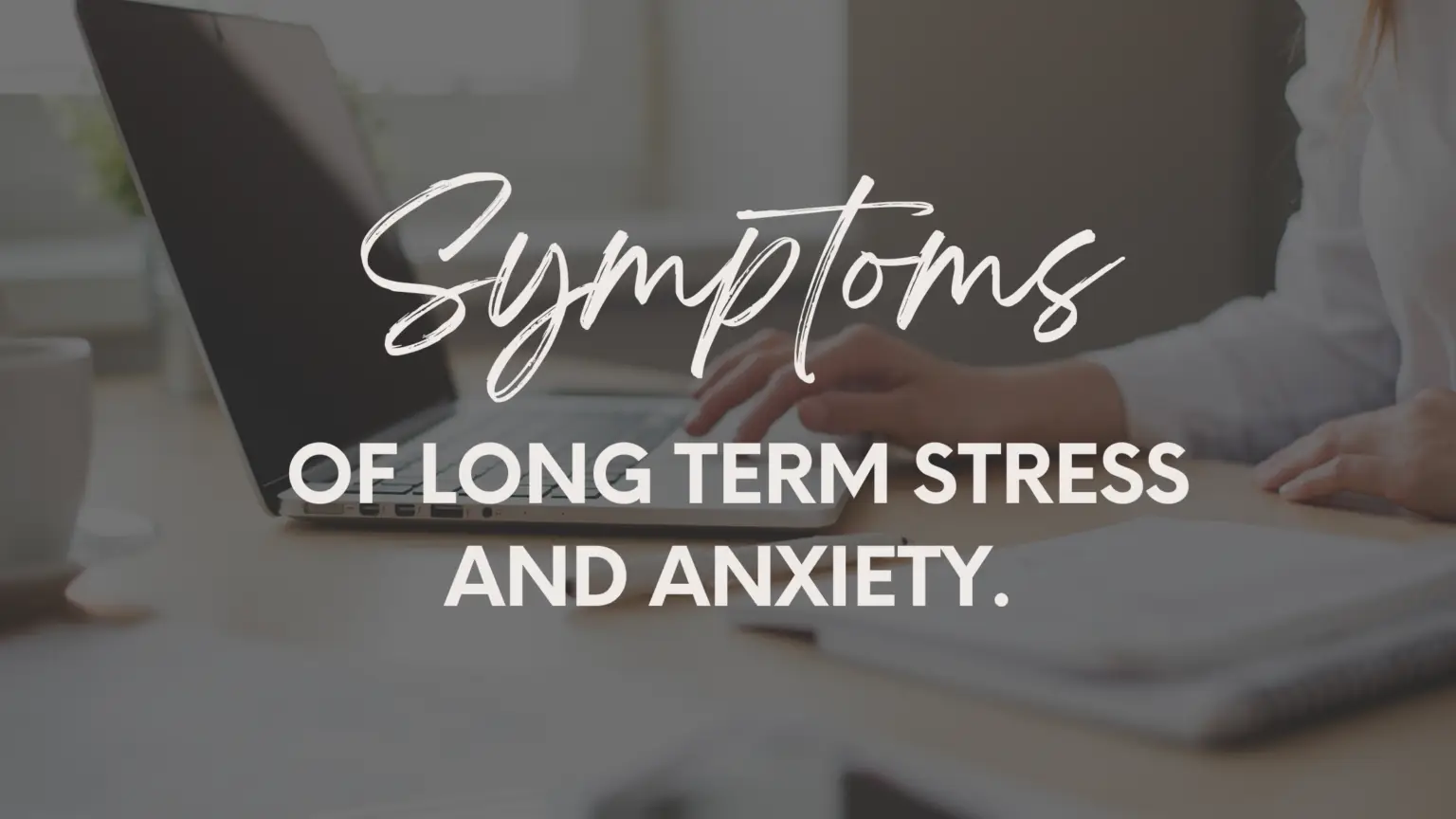In our fast-paced instant-gratification world, stress has become an almost inevitable part of daily routine in life and in business. While acute stress can sometimes be beneficial, helping us to respond to immediate challenges (you know, tigers chasing us and stuff), long-term low-level stress (which is where a lot of business owners live) —often called chronic stress—can have a profound and long term impact on our health and well-being.
Chronic stress is the kind that lingers, often unnoticed, subtly influencing our bodies over extended periods. Unlike the short bursts of stress we experience during specific events, chronic stress continuously activates our body’s stress response, leading to a cascade of physiological effects.
One of the primary systems affected by chronic stress is the endocrine system. Back in 2014 my husband, Vince Fowler, experienced Adrenal Fatigue, (which is an article on it’s own) and it took the better part of 18 months to get a handle on his heath. On simple terms, his adrenals were shutting down. The constant release of stress hormones like cortisol and adrenaline disrupted his body’s natural rhythms. Over time, elevated cortisol levels can lead to a host of health problems, including increased abdominal fat, higher blood pressure, and elevated blood sugar levels. This hormonal imbalance can also interfere with sleep patterns, leading to insomnia or restless sleep, further exacerbating stress levels. For Vince, it showed up in his adrenals. We did a lot of Eastern medicine practices, combined with chiropractic and acupuncture.
For myself, it showed up as 2 gallbladder surgeries, a bio-cell removed from my nose, a lump removed, and granulomatous mastitis. All stress that had not yet been processed in a professional way.
Think back to those years when you had your business and your kids were small. They started school and the 10 months worth of on and off sickness started. It didn’t seem to matter what you did, colds and flu took hold. And often, it comes from stress, if not originating, making it worse. Stress takes a significant toll on the immune system. Prolonged exposure to stress hormones can suppress immune function, making the body more susceptible to infections and illnesses. It can also slow down the healing process, leaving us vulnerable to prolonged periods of illness and recovery.
Mental health is another area heavily impacted by chronic stress. Persistent stress can lead to anxiety, depression, and other mood disorders. It can diminish our ability to concentrate, make decisions, and at times affect our memory. This is where the window of tolerance comes into play. If you want to learn more about managing stress as a business owner, this masterclass will give you strategies and resources.
It’s essential to recognize the signs of chronic stress and take proactive steps to manage it.
- Regular physical activity, daily movement if possible.
- Mindfulness practices (such as meditation or yoga) will help you increase your window of tolerance and step out of hyper arousal.
- Maintaining a healthy diet is a great way to mitigate long term effects of stress. There are so many options for learning to cook that we don’t really have excused anymore. There are food delivery options, and grocery shopping apps. All designed to make this easy and implementable. Nutrition plays an important part of long term health.
- Seeking support. Asking for help from friends, family, or (if possible) a mental health professional. I am so grateful for my therapist and my access to her. I have had 97 therapy sessions since June 2021.
- Focus on your self. What do you like to do. Slow down and spend some time starting to understand who you are and what you like to do. Check out my resources page for some strategies that might help.
While low-level stress might seem manageable in the short term, its long-term effects can be profoundly damaging to both physical and mental health. Sometimes you can make small adjustments to your daily habits, and that turn into a big impact over time. Take care of yourself, and take care of your long term health.

